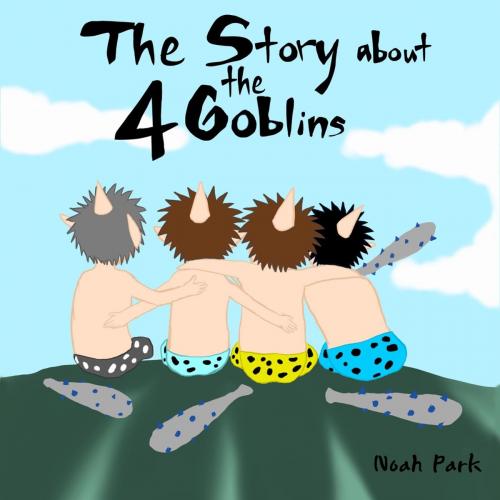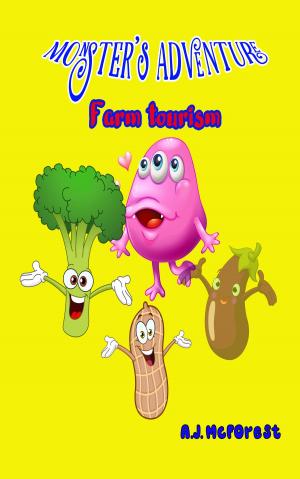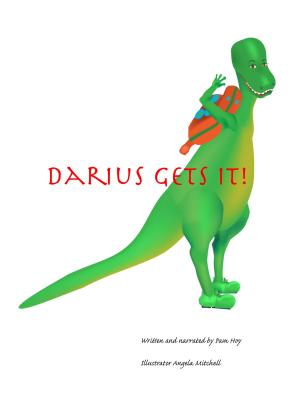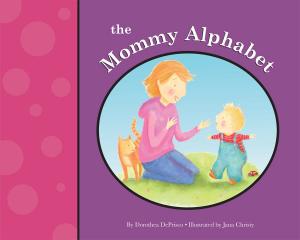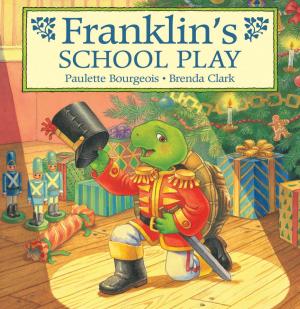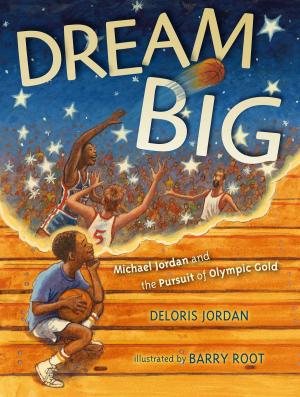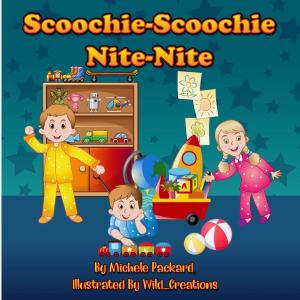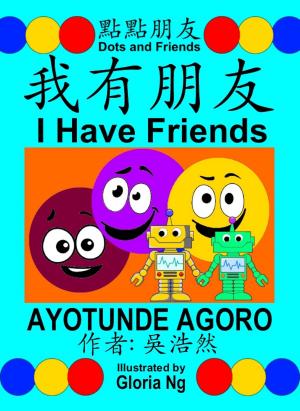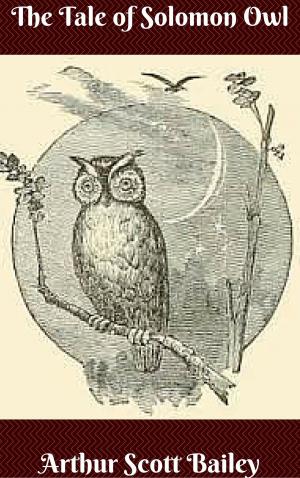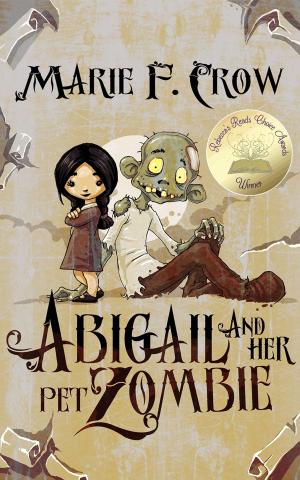The Story about the 4 Goblins
Kids, People and Places, Traditions and Anthropology, Folklore and Mythology, Read-Along| Author: | Noah Park | ISBN: | 1230002205670 |
| Publisher: | Noah Park | Publication: | March 9, 2018 |
| Imprint: | Language: | English |
| Author: | Noah Park |
| ISBN: | 1230002205670 |
| Publisher: | Noah Park |
| Publication: | March 9, 2018 |
| Imprint: | |
| Language: | English |
Inspired by the 2018 Pyeongchang Olympics, this children's book, which is based on an old Korean Folklore, was rewritten to introduce Korean culture to the rest of the world. In the opening ceremony of Pyeonchang Olympics, Koreans performed SamulNori with traditional Korean instruments. This story reveals how these traditional instruments came to be.
Korean SamulNori may seem like mere singing and dancing, but it gives the audience a theatrical experience they have never experienced. No one exactly knows when it exactly started, but SamulNori came from ancient Korea. It was first used for religious purposes but it is still used by shamans and psychics today. It may not be popular but it is being recognized globally as it already had two worldwide performances, first at the Carnegie Hall and second at Pyeongchang Olympics opening ceremony. SamulNori stimulates both mind and body. Chaos and misfortune exist in this world because there are people who are lost and confused; balance is lost in this world because Ying and Yang are separated. Thus, Koreans have created SamulNori to get rid of all evil and bad energy and reunity Ying and Yang and in turn, bring balance and harmony to the world. Not only that, but also the strong music heals people and helps those that hit bottom rise up once more.
Inspired by the 2018 Pyeongchang Olympics, this children's book, which is based on an old Korean Folklore, was rewritten to introduce Korean culture to the rest of the world. In the opening ceremony of Pyeonchang Olympics, Koreans performed SamulNori with traditional Korean instruments. This story reveals how these traditional instruments came to be.
Korean SamulNori may seem like mere singing and dancing, but it gives the audience a theatrical experience they have never experienced. No one exactly knows when it exactly started, but SamulNori came from ancient Korea. It was first used for religious purposes but it is still used by shamans and psychics today. It may not be popular but it is being recognized globally as it already had two worldwide performances, first at the Carnegie Hall and second at Pyeongchang Olympics opening ceremony. SamulNori stimulates both mind and body. Chaos and misfortune exist in this world because there are people who are lost and confused; balance is lost in this world because Ying and Yang are separated. Thus, Koreans have created SamulNori to get rid of all evil and bad energy and reunity Ying and Yang and in turn, bring balance and harmony to the world. Not only that, but also the strong music heals people and helps those that hit bottom rise up once more.
